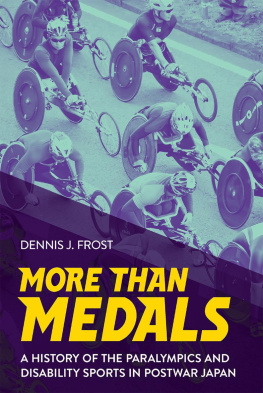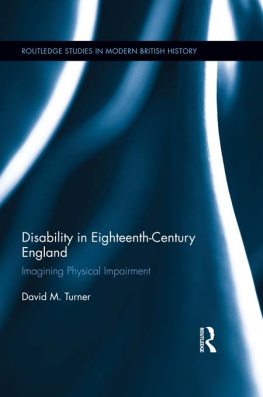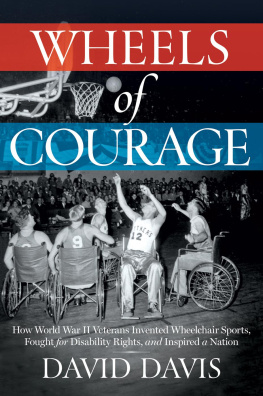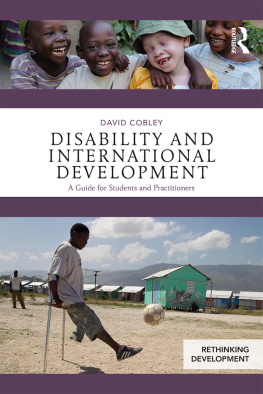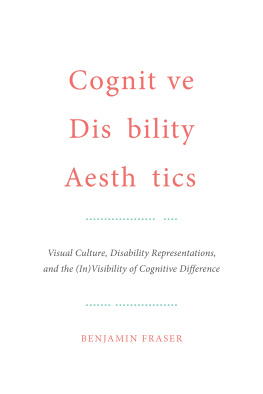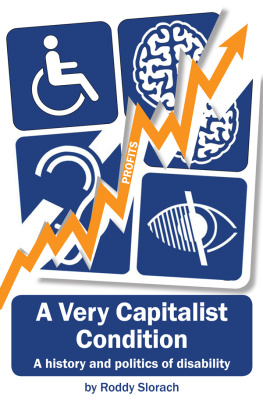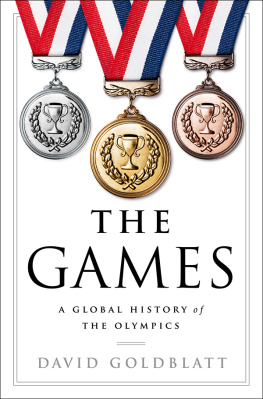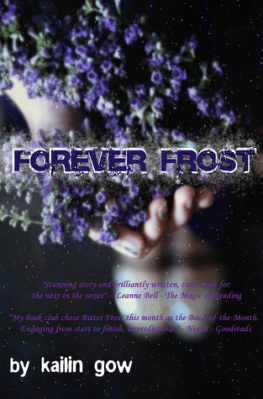Dennis J. Frost - More Than Medals: A History of the Paralympics and Disability Sports in Postwar Japan
Here you can read online Dennis J. Frost - More Than Medals: A History of the Paralympics and Disability Sports in Postwar Japan full text of the book (entire story) in english for free. Download pdf and epub, get meaning, cover and reviews about this ebook. year: 2021, publisher: Cornell University Press, genre: Home and family. Description of the work, (preface) as well as reviews are available. Best literature library LitArk.com created for fans of good reading and offers a wide selection of genres:
Romance novel
Science fiction
Adventure
Detective
Science
History
Home and family
Prose
Art
Politics
Computer
Non-fiction
Religion
Business
Children
Humor
Choose a favorite category and find really read worthwhile books. Enjoy immersion in the world of imagination, feel the emotions of the characters or learn something new for yourself, make an fascinating discovery.
- Book:More Than Medals: A History of the Paralympics and Disability Sports in Postwar Japan
- Author:
- Publisher:Cornell University Press
- Genre:
- Year:2021
- Rating:5 / 5
- Favourites:Add to favourites
- Your mark:
More Than Medals: A History of the Paralympics and Disability Sports in Postwar Japan: summary, description and annotation
We offer to read an annotation, description, summary or preface (depends on what the author of the book "More Than Medals: A History of the Paralympics and Disability Sports in Postwar Japan" wrote himself). If you haven't found the necessary information about the book — write in the comments, we will try to find it.
How does a small provincial city in southern Japan become the site of a world-famous wheelchair marathon that has been attracting the best international athletes since 1981?
In More Than Medals, Dennis J. Frost answers this question and addresses the histories of individuals, institutions, and eventsthe 1964 Paralympics, the FESPIC Games, the ita International Wheelchair Marathon, the Nagano Winter Paralympics, and the 2021 Tokyo Summer Games that played important roles in the development of disability sports in Japan. Sporting events in the postwar era, Frost shows, have repeatedly served as forums for addressing the concerns of individuals with disabilities. More Than Medals provides new insights on the cultural and historical nature of disability and demonstrates how sporting events have challenged some stigmas associated with disability, while reinforcing or generating others.
Frost analyzes institutional materials and uses close readings of media, biographical sources, and interviews with Japanese athletes to highlight the profoundthough often ambiguousways in which sports have shaped how postwar Japan has perceived and addressed disability. His novel approach highlights the importance of the Paralympics and the impact that disability sports have had on Japanese society.
Open access edition funded by the National Endowment for the Humanities.
Dennis J. Frost: author's other books
Who wrote More Than Medals: A History of the Paralympics and Disability Sports in Postwar Japan? Find out the surname, the name of the author of the book and a list of all author's works by series.

